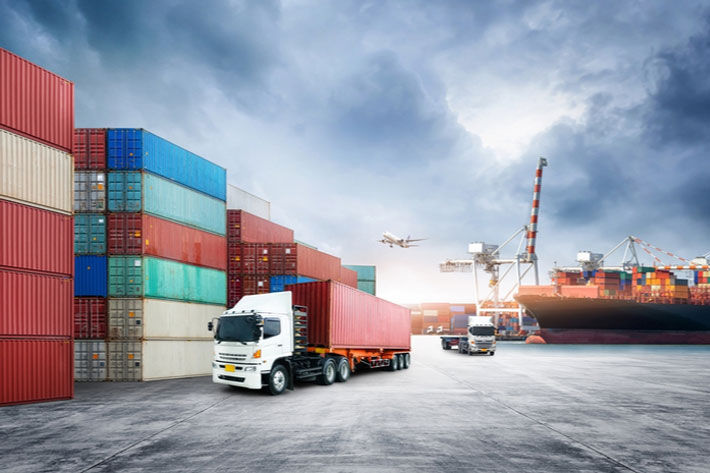
The article is authored by Ripankar Biswas, Savita Pareek and Seema Saggar from RBI’s balance of payment statistics division of the department of statistics and information management.
They, however, said this study precedes the recent Russia-Ukraine war and hence do not quantify the impact on the freight costs from further disruptions caused to supply chains.
The softening seen since September 2021 in the transport costs with new capacities coming on stream and economies normalising has already started getting constrained by the renewed pressure from the war effects.
''The stretched shipping costs could, therefore, be a new-normal for a longer period, contingent largely on easing of geopolitical pressures and appearance of no further pandemic waves,'' the article said.
The COVID-19 pandemic-induced supply-side disruptions increased transaction costs in many sectors, especially the contact-intensive ones, it said. The associated disruptions had adverse impact on many activities, exposing weak links.
Global transport of goods was one such segment which has taken time to respond as trade started rebounding after the initial wave of the pandemic, it said.
In line with sharper recovery in global trade in 2021-22, particularly the imports that recovered and exceeded the pre-COVID-19 levels faster than the exports, the freight costs surged and have remained elevated since the third quarter of 2020-21, the authors said.
This reflects the increasing supply-demand imbalances, market frictions and constrained shipping capacities. These developments impacted logistic charges worldwide, including in India, the article added.
ALCHEMPro News Desk (DS)
Receive daily prices and market insights straight to your inbox. Subscribe to AlchemPro Weekly!